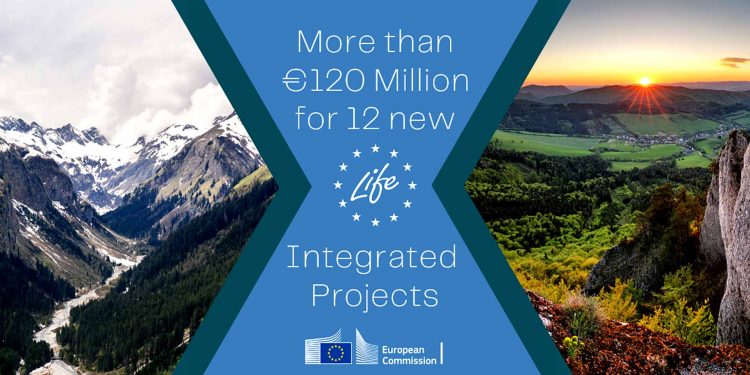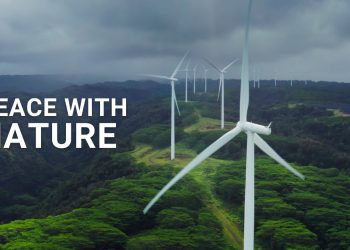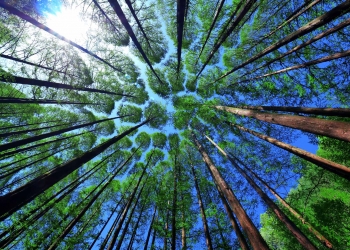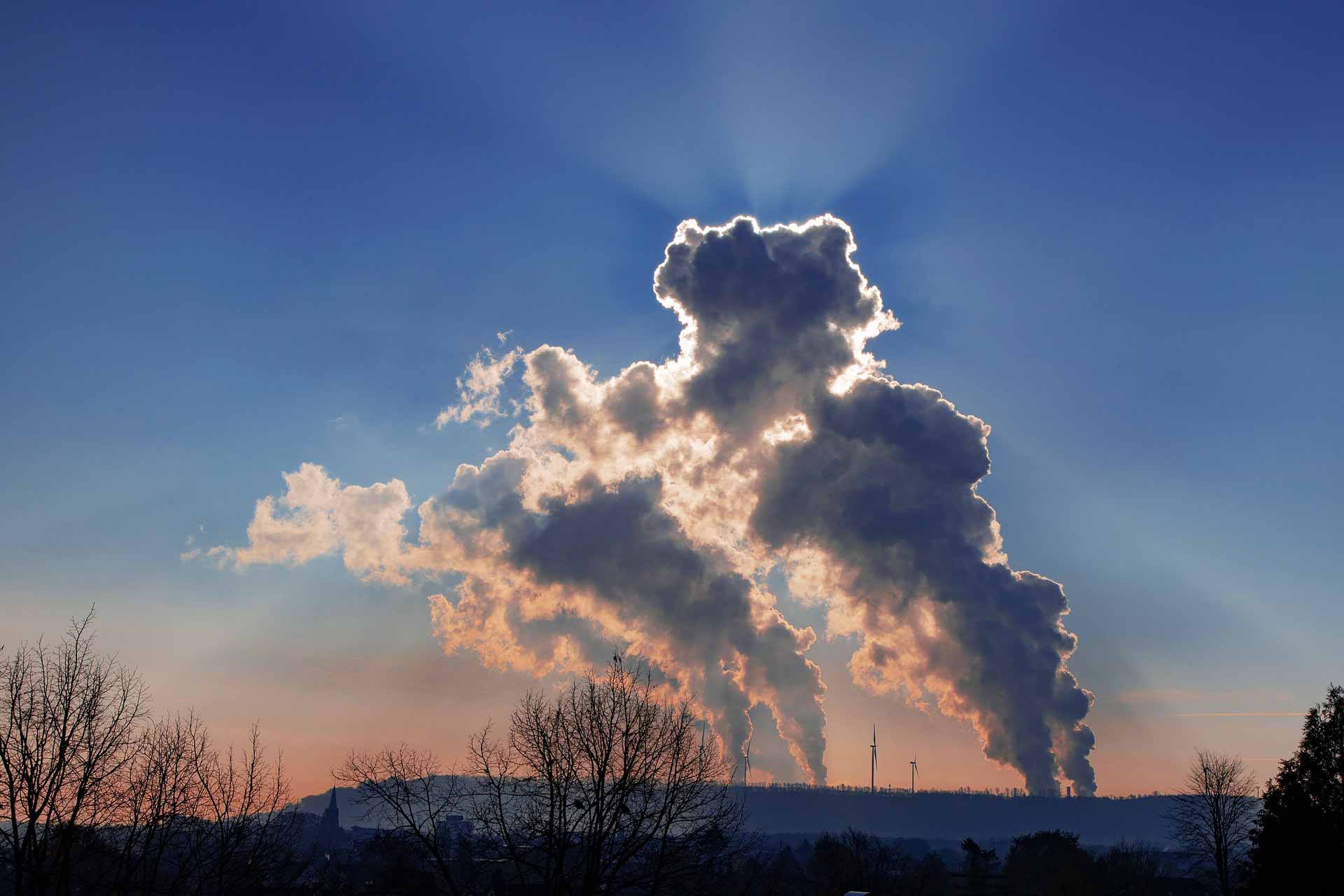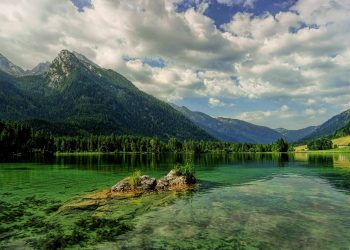The European Commission announced an investment of €121 million for new integrated projects under the LIFE programme for the Environment and Climate Action. This funding – increased by 20% compared to last year – will promote the green recovery and help Belgium, Germany, Ireland, France, Hungary, Italy, Latvia, the Netherlands, Poland, Portugal and Slovakia to reach their green targets.
These integrated projects are expected to channel significant additional funds, helping Member States to make use of other EU funding sources, including agricultural, structural, regional and research funds, as well as national funds and private sector investment.
Executive Vice-President of the European Commission Frans Timmermans said:
To deliver the European Green Deal, we need to start mobilising the unprecedented resources made available for Europe’s green transition in our long-term budget and recovery fund. These LIFE integrated projects support concrete action to protect the environment, restore nature, and support biodiversity. With this investment we help countries and regions to tackle the climate and biodiversity crises and build a just and sustainable future.
Commissioner for the Environment, Oceans and Fisheries Virginijus Sinkevičius added:
I’m excited to see how this new investment will help green the economy, bring back nature and biodiversity and improve resilience to the changing climate in these 11 countries. LIFE integrated projects enable Member States to make a real difference to the environment and people’s lives, by enabling long-term strategies with far more money and capacity than with traditional LIFE projects.
New and increased LIFE programme funding will support 12 large-scale environment and climate projects in 11 Member States
Integrated projects improve citizens’ quality of life by helping Member States comply with EU legislation in six areas: nature, water, air, waste, climate change mitigation and climate change adaptation. They support plans required to implement environmental and climate legislation in a coordinated manner and on a large territorial scale. The LIFE investment announced today is set to channel significant complementary funding from other EU sources, including agricultural, regional and structural funds, Horizon 2020, as well as national and regional actors and private investors.
LIFE Projects in Brief
Nature Conservation: Five nature projects in Latvia, Slovakia, Italy, the Netherlands and Germany will help to restore natural ecosystems, in line with the EU Biodiversity Strategy for 2030, by improving the management of the Natura 2000 network and better connecting its protected areas. Various habitats and species stand to benefit, including forests, rivers, farmlands, grasslands, peatlands, aquatic species and birds.
Water: In support of the EU Water Framework Directive, a project in France will introduce measures to improve water quality in the Pays de la Loire region. Another project will help to clean up Poland’s Pilica river catchment area through blue and green infrastructure pilot actions and other initiatives.
Waste Management: In support of the EU Circular Economy Action Plan, a Belgian project will reduce plastic waste by encouraging sustainability, from increased product lifetimes to prevention, reuse and recycling of waste.
Climate Change Mitigation: A project will help reduce Hungary’s reliance on brown coal. LIFE funding will help authorities to gradually decarbonise the Mátra Power Plant, by replacing lignite-fired power generation units with low-carbon technology solutions. LIFE will also help the Małopolska region in Poland to implement its Regional Action Plan for Climate and Energy to guarantee a just transition. A project in Ireland will restore around 10,000 hectares of peatlands which have high carbon storage potential – an area roughly the size of Dublin.
Climate Change Adaptation: LIFE funding will help Portugal’s Azores islands become more resilient to climate change. The project team will help to implement the regional climate change adaption programme on the nine islands.
LIFE programme for the environment and climate action
The LIFE programme is the EU’s funding instrument for the environment and climate action. It has been running since 1992 and has co-financed more than 5,500 projects across the EU and in non-EU countries. At any given moment, some 1,100 projects are in progress. The budget for 2014–2020 was set at €3.4 billion in current prices. The political agreement on the-long-term EU budget 2021-2027, foresees €5.4 billion in current prices for the LIFE Programme, an increase of almost 60%.
LIFE Integrated Projects were introduced to enable statutory authorities in EU Member States to implement environmental and climate legislation to the fullest extent. Integrated Projects provide funding for plans, programmes and strategies developed on the regional, multi-regional or national level. They help Member States comply with key EU legislation in six areas: nature, water, air, waste, climate change mitigation and climate change adaptation.
The unique thing about Integrated Projects is they allow Member States to make use of other EU funding sources, including agricultural, structural, regional and research funds, as well as national funds and private sector investment.

